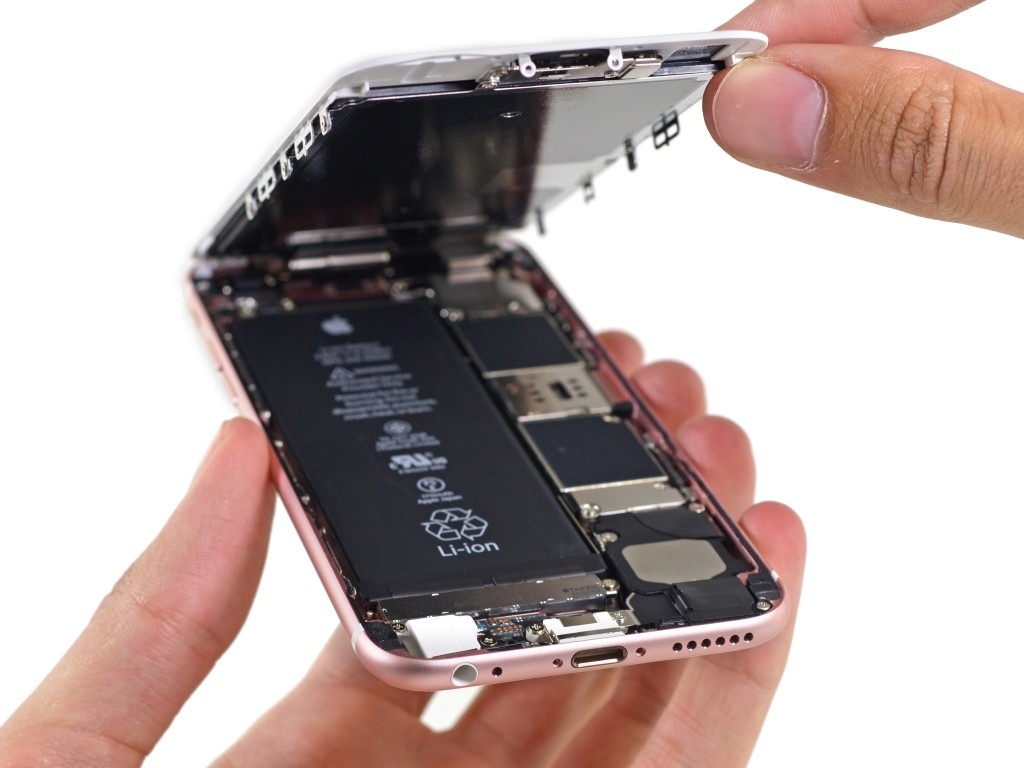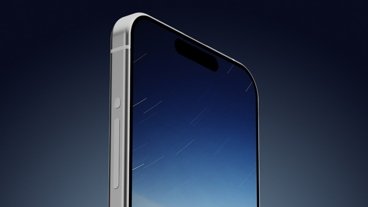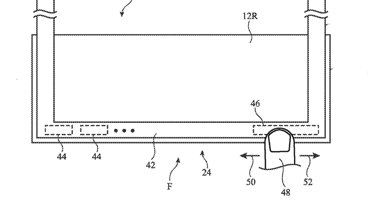A new battery technology has been developed by a team led by the original creator of lithium-ion battery, promising safer batteries that can hold three times as much power — and charge in minutes, rather than hours.
A team from the University of Texas, led by 94-year-old John Goodenough has developed what is being called an "all-solid-state" lithium-ion battery cell. Batteries constructed using the new technology are noncombustible, have a long cycle life, and boast much faster rates of charge and discharge.
The technology is scalable to nearly all potential applications including the iPhone, the MacBook Pro, large energy banks like needed in a car, or something like the Tesla PowerWall.
"Cost, safety, energy density, rates of charge and discharge and cycle life are critical for battery-driven cars to be more widely adopted," said Goodenough. "We believe our discovery solves many of the problems that are inherent in today's batteries."
The new technology uses glass electrolyte instead of a liquid solution, and eliminates the "metal whiskers" which can bridge the gabs between positive and negative plates when a cell is charged too quickly. The metal whiskers generated can short the battery and cause fires and explosions.
The glass, made from lithium, sodium, or potassium greatly increases the energy density of the battery, with researchers seeing more than 1200 cycles on a cell, with little impact to life. As a side effect, the batteries still work well down to -20 degrees C (-4 degrees F).
The glass electrolyte technology "simplifies battery cell fabrication" according to the engineering team, and are made from more earth-friendly materials easing recycling and cutting back on the use of rare-earth minerals.
The University of Texas Office of Technology Commercialization is actively negotiating license agreements with multiple companies in the battery industry.
 Mike Wuerthele
Mike Wuerthele








 Chip Loder
Chip Loder
 Wesley Hilliard
Wesley Hilliard
 Marko Zivkovic
Marko Zivkovic

 Christine McKee
Christine McKee
 Amber Neely
Amber Neely

 Malcolm Owen
Malcolm Owen








47 Comments
Not in the IPhone X I'm afraid..
There's a man who's clearly committed to leaving the world a better place.
This is amazing news, the implications of this invention are massive!
This technology is also based in research developed in Portugal, one of the lead researchers involved is actually from a Portuguese University. I wonder if those licenses involve the portuguese contribution.